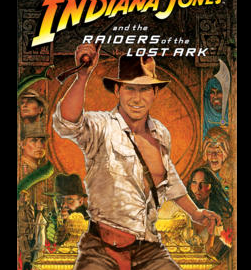I shared on twitter a concern I had about the apparently uncritical acceptance (and especially increasing acceptance) of gamification.
I say apparently as perhaps authors of various publications do have a critical appreciation of the risks and connotations of gamification, but they don’t always share it.
Even though I touched on this in Critical Gaming, I need some percolation time for this but something for me to think about as to my immediate reaction and aversion to this (uncritical use of) gamification is that
- Gamification ‘sounds’ to my ears like a trivialization of heritage. In my own research if you tell someone a digital archaeology simulation is a game they have less trouble navigating and performing tasks in the simulation but they take less care and have less respect for the cultural significance, authenticity and accuracy of that simulation.
- Plus there seems to be a hidden or invisible formula: non-games, add gamification fairy dust,….games!
- For if you search for richer and more defensible definitions of gamification it seems to me these definitions are getting harder and harder to separate from games per se.
- Gamification implies there is a simple conversion over to games and it is a binary relationship, there are games or non-games. We need a term that implies some but not all aspects of games have been applied/incorporated/added. Ludification? Unfortunately no, it has a dangerous related meaning! Perhaps something that reflects a Paideia/Ludus scale? Playful learning or play-based learning seems to be the closest fit for me so far..
Luckily I am not alone, thanks to Trevor Owens directing me to his Meanification article and to Shawn Graham for his Gamification article. Gotta love academification.
